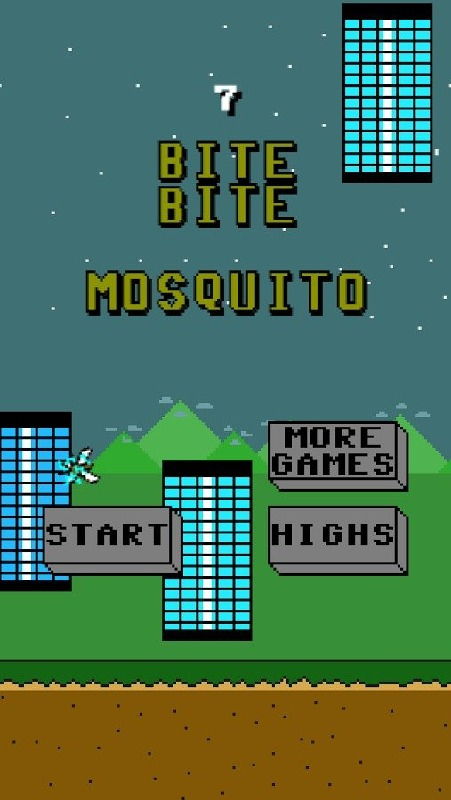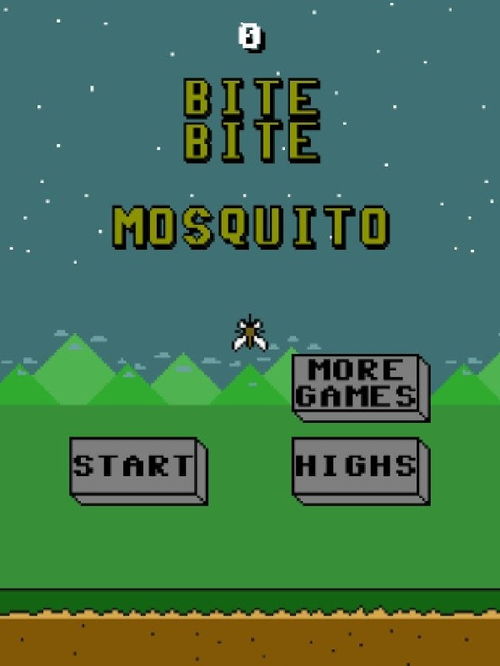
Understanding and Treating Mosquito Bite Allergies
Are you one of those who react severely to mosquito bites? If so, you’re not alone. Mosquito bite allergies can be quite uncomfortable and sometimes even dangerous. In this article, we delve into the details of mosquito bite allergies, their symptoms, causes, and most importantly, effective treatments.
What is a Mosquito Bite Allergy?

A mosquito bite allergy is an immune response to the saliva of a mosquito. When a mosquito bites, it injects its saliva into your skin to prevent blood from clotting. For some people, the immune system reacts to this saliva, leading to an allergic reaction.
Common Symptoms of Mosquito Bite Allergies

The symptoms of a mosquito bite allergy can vary from person to person. Common symptoms include:
| Symptom | Description |
|---|---|
| Itching | Intense itching around the bite area |
| Pain | Pain or stinging sensation at the bite site |
| Swelling | Inflammation and swelling around the bite |
| Redness | Redness around the bite area |
| Hives | Itchy, raised welts on the skin |
| Wheezing | Difficulty breathing, especially in severe cases |
Causes of Mosquito Bite Allergies

Mosquito bite allergies are caused by the immune system’s reaction to the proteins in the mosquito’s saliva. These proteins can trigger an allergic response in susceptible individuals. Factors that may increase your risk of developing a mosquito bite allergy include:
- Family history of allergies
- Previous exposure to mosquito bites
- Living in or visiting areas with a high mosquito population
Diagnosis of Mosquito Bite Allergies
Diagnosing a mosquito bite allergy typically involves a physical examination and a review of your medical history. In some cases, your doctor may perform a skin test to determine if you’re allergic to mosquito saliva.
Treatment Options for Mosquito Bite Allergies
There are several treatment options available for managing mosquito bite allergies. Here are some of the most common:
Over-the-Counter Treatments
Over-the-counter treatments can help alleviate symptoms such as itching and swelling. These include:
- Antihistamines: These medications can help reduce itching and inflammation.
- Cool compresses: Applying a cool compress to the bite area can help reduce swelling and soothe the skin.
- Topical corticosteroids: These creams or ointments can help reduce inflammation and itching.
Prescription Medications
In some cases, your doctor may prescribe stronger medications to manage your symptoms. These may include:
- Oral corticosteroids: These medications can help reduce severe inflammation and itching.
- Immunosuppressants: These medications can help control the immune response to mosquito saliva.
Desensitization Therapy
Desensitization therapy, also known as allergy shots, can help reduce your immune system’s reaction to mosquito saliva. This treatment involves receiving regular injections of increasing doses of mosquito saliva over time.
Preventive Measures
Preventing mosquito bites is the best way to avoid an allergic reaction. Here are some tips to help you stay bite-free:
- Wear long-sleeved shirts and pants when outdoors.
- Use insect repellents containing DEET, picaridin, or oil of lemon eucalyptus.
- Remove standing water from your property to eliminate mosquito breeding sites.
- Install screens on windows and doors to keep mosquitoes out of your home.






